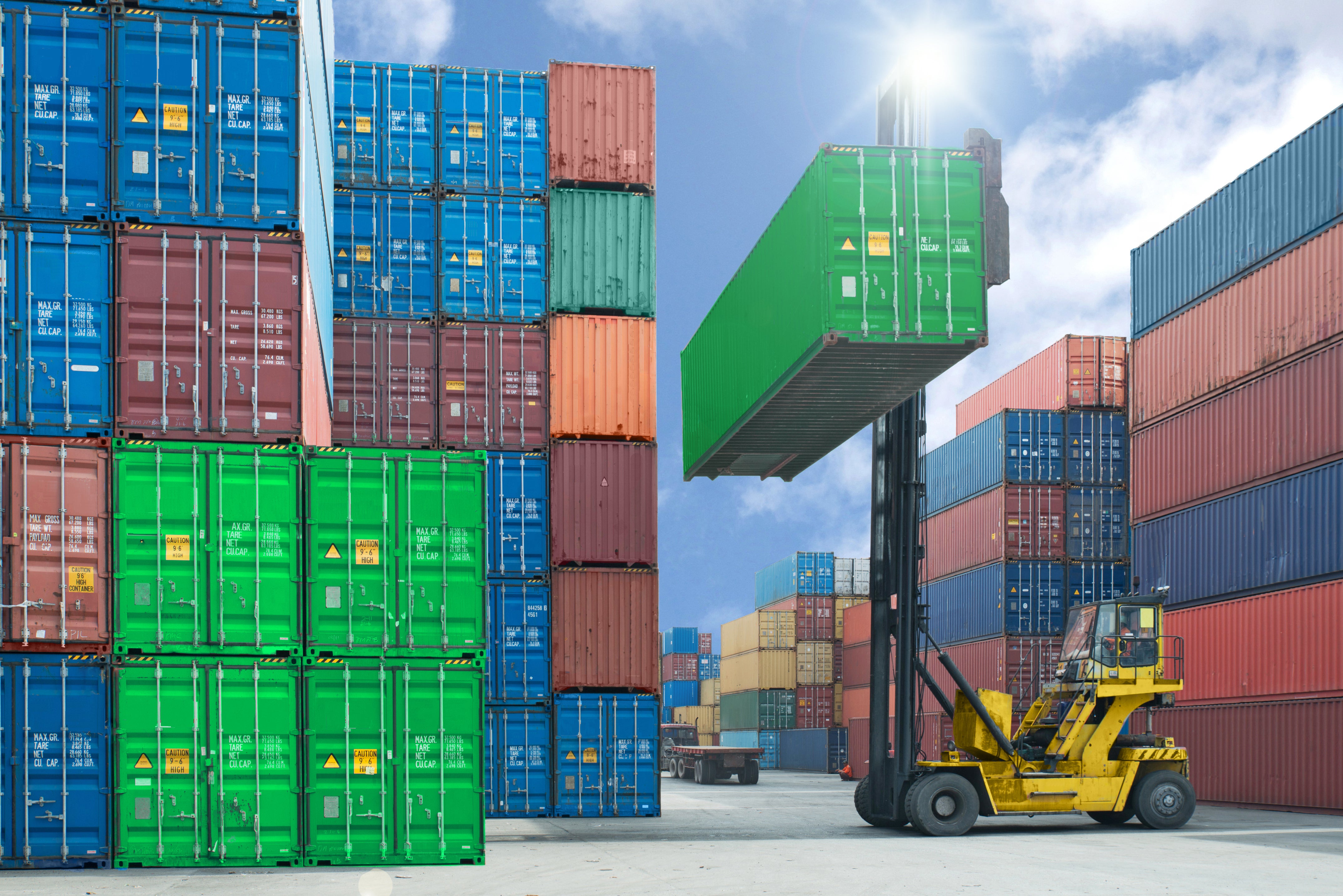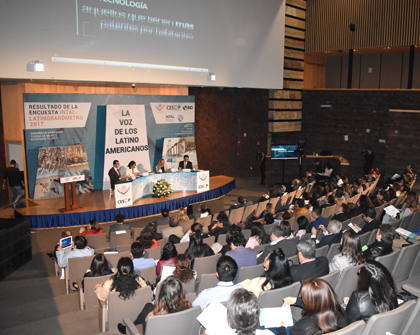The Pacific Alliance will shortly begin trade negotiations with countries outside the bloc, as was announced (link in Spanish) at the 17th Meeting of the Council of Ministers.
The Pacific Alliance is a regional integration mechanism that was established in April 2011 and formally and legally created on June 6, 2012, when Peru, Chile, Mexico, and Colombia signed the Framework Agreement. It was formed with a view to establishing an integrated market for the four member countries that would become an attractive target for foreign investment and would lead to greater trade flows both within the bloc and with third-party countries.
The focus of the Pacific Alliance’s work has been on positioning the bloc at the international level. Its most notable achievements in this regard are the design of a special mechanism for SMEs and the close of negotiations over the Annex on Food Supplements in the chapter on Technical Barriers to Trade (link in Spanish) in the Additional Protocol to the Framework Agreement.
It has also successful drafted the Memorandum of Understanding between Pacific Alliance Business Development Centers, which provides support for SMEs; and implemented the Venture Capital Fund, which was established with support from the Inter-American Development Bank’s Multilateral Investment Fund (MIF).
The bloc’s other achievements include the initiative for implementing the issuing and reception of electronic certificates of origin; the methodology and procedures for measuring dispatch times, in conjunction with the World Customs Organization; and the launch of the operating protocol for the Business Accelerator and the PA Angel Investor Network.
At the 17th Meeting of the Council of Ministers of the Pacific Alliance (link in Spanish), the requests from Slovenia, Croatia, and Lithuania to be granted Observer State status were accepted.




